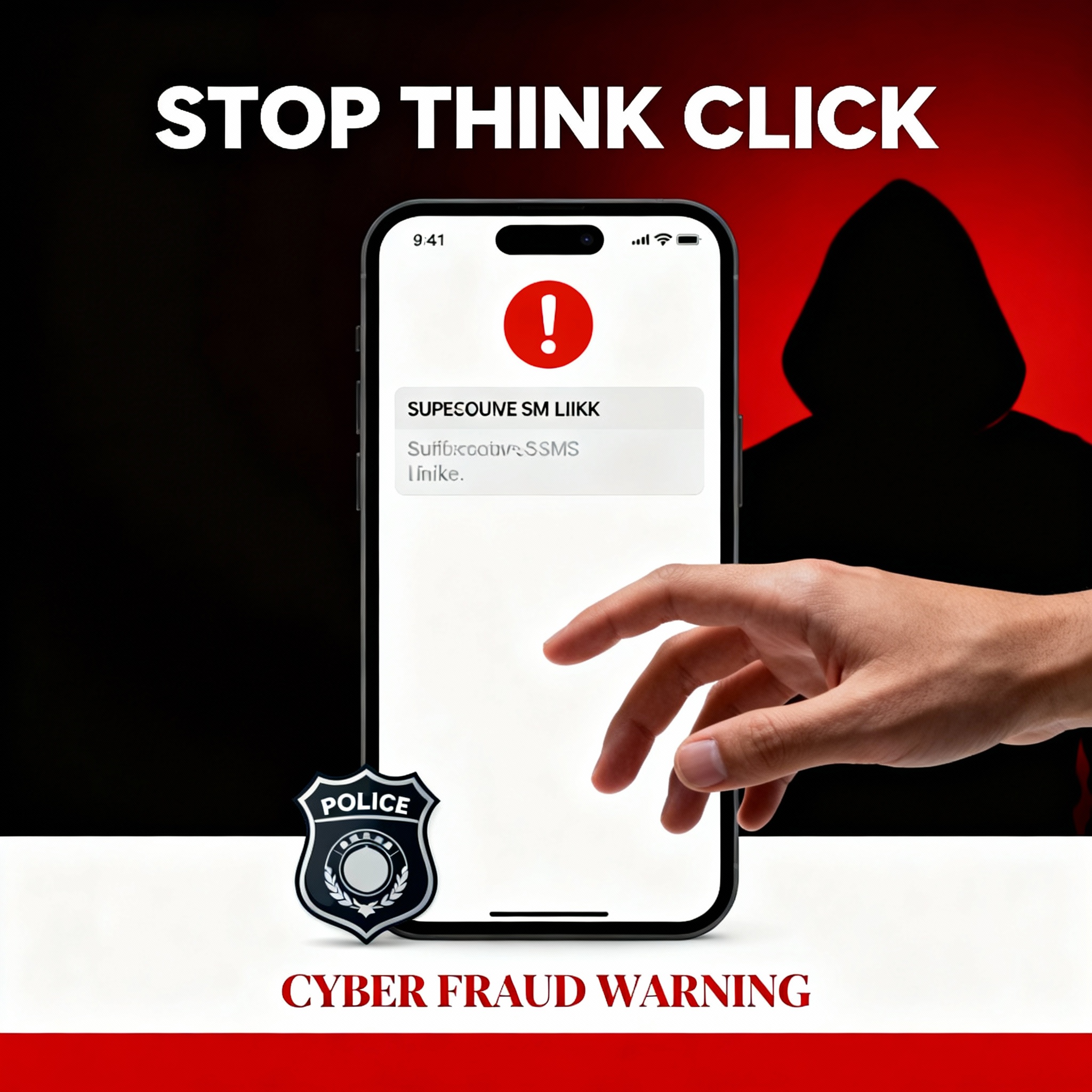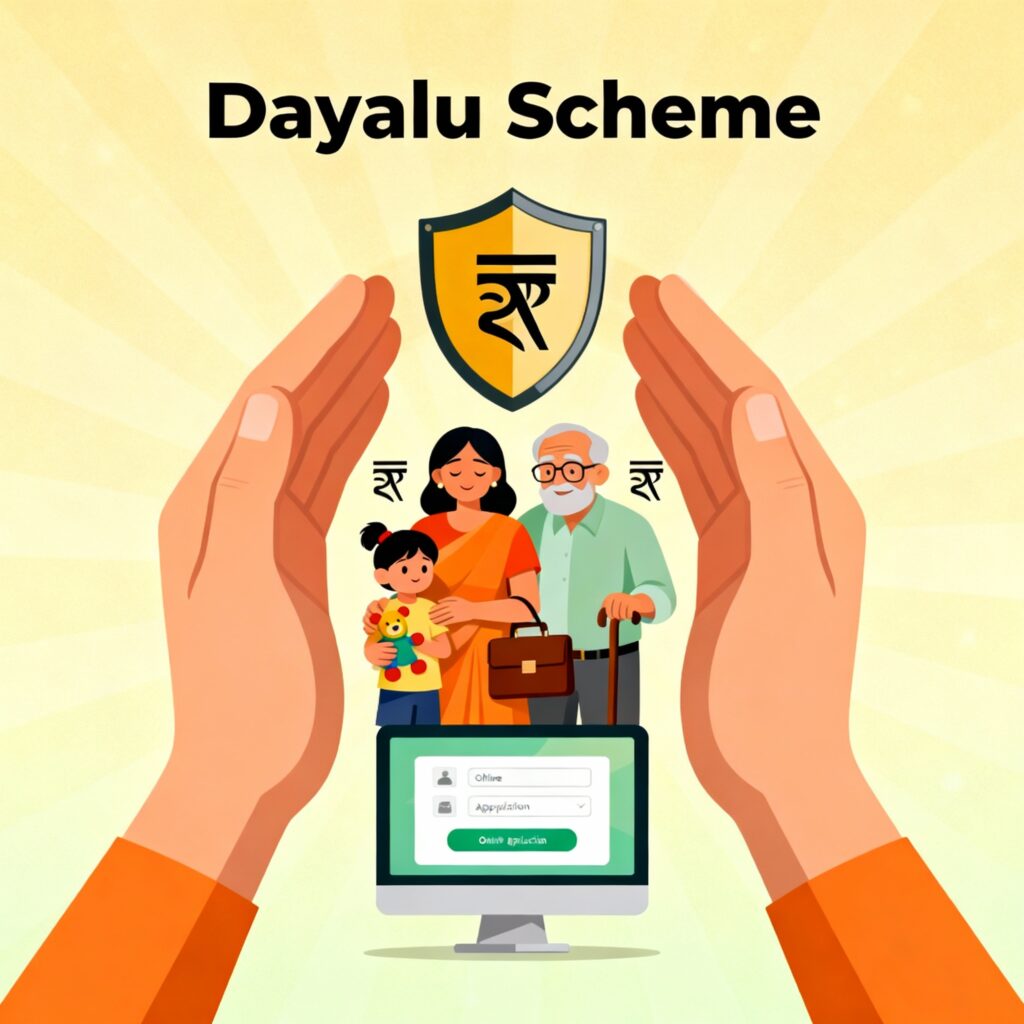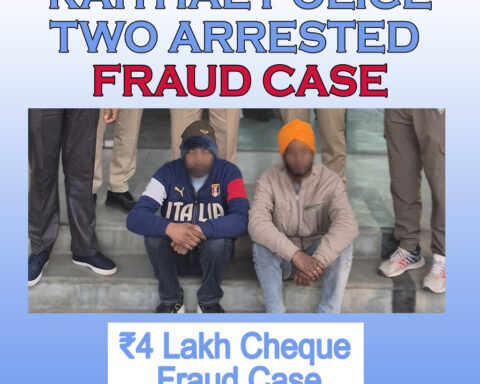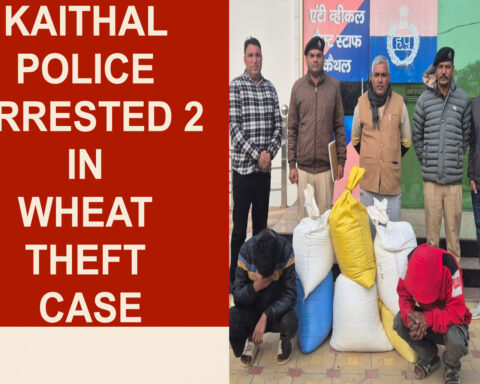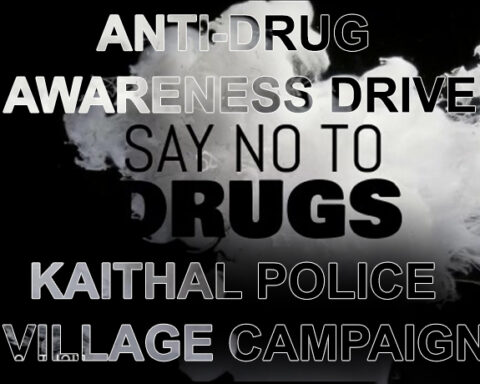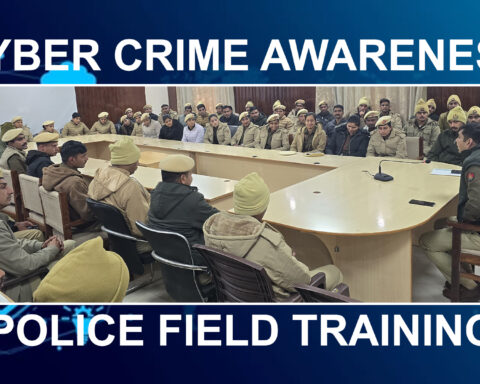Stop, Think, Then Click — SP Upasana’s Warning on Fake SMS Links
Fake SMS links are the most dangerous tool in cyber fraud
Kaithal, October 13 — Superintendent of Police Upasana urged citizens to be vigilant: cybercriminals are increasingly sending fake SMS messages purporting to be from banks, government departments, courier companies, lotteries, or for refunds and prizes — with malicious links attached. These links often look authentic but are traps.
One click can hand over control of your phone
SP Upasana explained that in some cases, clicking the link immediately hands remote control of the phone to criminals. They can access your contact list and automatically send similar fake links to others. Scammers also create urgency or greed with messages like “Your account will be blocked,” “You’ve won a prize,” “Refund pending,” or “Parcel is held,” to trick people into acting without thinking.
How the fake-SMS link fraud works
- The link opens a spoofed bank or official-looking website.
- Victims are asked to enter login ID, password, OTP, or PIN.
- Malware may install in the background, giving attackers access to SMS and OTPs.
- Scammers then use your identity to send the same malicious links to your contacts, spreading the fraud.

SP Upasana’s essential safety tips
If you become a victim, report immediately by calling the cyber helpline 1930.
Do not click on links in unknown or suspicious SMS messages.
Banks and government departments never ask for sensitive details via SMS links.
Never share OTPs, PINs, passwords, or card details with anyone.
Always use the official app or website to log in — do not follow links from messages.
Keep your phone OS and banking apps updated.
If you suspect fraud, contact your bank or the cyber cell immediately.
If you accidentally clicked a link, call your bank / UPI / wallet provider to block the account at once.
Uninstall unknown apps, change passwords, and strengthen security settings.


